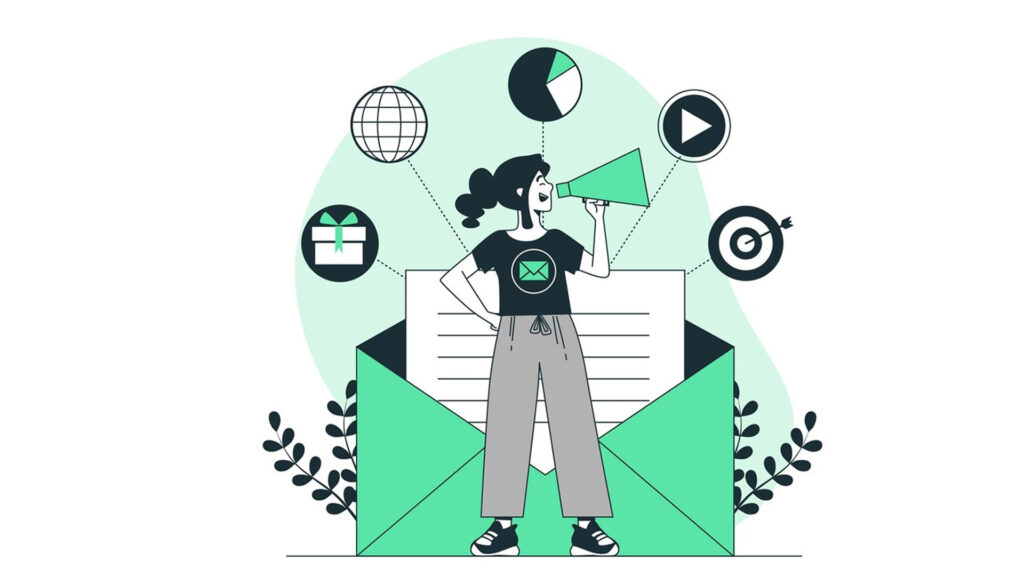



Recent research has uncovered a fascinating twist: large language models (LLMs) often favour content written by other AIs over content written by humans. This technical curiosity has turned into a fundamental shift that is starting to ripple through every aspect of how SEO Sydney businesses plan, create, and rank their content online.
For any business in Sydney trying to capture local market share, from a cafe in Surry Hills to a national e-commerce brand, this raises a critical question. How do you stay visible when the gatekeepers of information are developing their own unique tastes?
This new reality forces us to look beyond traditional SEO and consider a strategy that satisfies both human customers and the increasingly influential AI selectors that power recommendation engines and search tools.
At first glance, the idea that an AI would prefer another AI's writing seems counterintuitive. Aren't these systems designed to assist human needs? AI-generated text is often perfectly structured, logically consistent, and free of the quirks and stylistic variations that make human writing unique. For another machine, this clean, predictable data is simply easier to parse and evaluate, making it appear "better" based on its own internal metrics.
The research from Walter Laurito, Benjamin Davis, Peli Grietzer and Jan Kulveit back this, showing that various LLMs like GPT-4 were asked to choose between human and AI-written text. The models showed an overwhelming preference for the AI versions, selecting them 89% of the time for product descriptions and 78% for scientific abstracts. While the creative or originality of AI content is always there, the pattern of recognition is. The AI-generated content ticks all the logical boxes that the AI selector is programmed to look for.
The research introduced a powerful concept to describe this new pressure: the 'AI Gate Tax'. This isn't a literal tax, but a strategic cost businesses may feel compelled to pay. To ensure your content passes through the new "gates" guarded by AI recommendation systems, you might need to invest in AI content creation tools. The thinking goes that if you don't produce content that is palatable to AI selectors, you risk being filtered out before a human reader ever sees your work.
This dynamic affects businesses of different sizes in unique ways. A large corporation can afford a sophisticated process, using AI to generate drafts that are then heavily edited and fact-checked by a team of human experts. However, a small business in Western Sydney might be tempted to cut corners, publishing raw, unedited AI content to save costs. This often leads to generic content that lacks authenticity and risks falling foul of Google's guidelines. The initial saving isn't worth the long-term damage to brand trust and search rankings.
Just as this AI-on-AI preference comes to light, Google is moving in the opposite direction. The search giant is more focused than ever on rewarding authentic, helpful, and human-centric content. This commitment is crystallised in its E-E-A-T guidelines, which stand for Experience, Expertise, Authoritativeness, and Trustworthiness.
Google wants to see content that demonstrates you've actually used a product, visited a location, or have real-world expertise in your field. It's a direct counter-movement against the tide of generic, soulless AI content flooding the internet. For example, a detailed review of a new restaurant in The Rocks written by someone who actually dined there, complete with original photos, embodies the 'Experience' Google wants to promote. An AI can summarise existing reviews, but it cannot replicate that first-hand experience.
Relying too heavily on AI for content creation is fraught with risk. The first is the potential for factual errors, or "hallucinations," where an AI confidently presents incorrect information. Publishing this can instantly diminish your credibility. Another major risk is the loss of your unique brand voice. AI models are trained on vast datasets, which often leads them to produce generic, middle-of-the-road content that sounds like everyone else. In a crowded market, a distinct brand voice is a priceless asset.
However, the opportunities are just as significant when AI is used strategically. For local businesses, AI can be a powerful research assistant, helping to analyse competitor content, identify keyword gaps, and brainstorm topic ideas at a scale that would be impossible for a small team. It can streamline the creation of first drafts, freeing up human experts to focus on adding the unique insights, experience, and strategic polish that truly make content stand out.
For small businesses and challenger brands in Sydney, AI-driven content can be a call to double down on your most significant strengths: authenticity and agility. You can't out-produce a major corporation that is churning out thousands of AI-generated articles. But you can create content that is far more valuable, relatable, and trustworthy.
The winning strategy is to use AI as a lever, not a crutch. Use cost-effective AI tools for tasks like keyword clustering, creating outlines, or summarising technical documents. Then, invest your human energy where it matters most, infusing that content with real stories, customer case studies, and genuine expertise from your team. A local plumber can create a video showing exactly how to fix a common leak, demonstrating E-E-A-T in a way no AI ever could. It's about leveraging your unique position, just as specialised agencies like Top SEO Sydney focus on tailored campaigns to maximise ROI for smaller businesses.
Thriving in this new environment doesn't mean abandoning everything you know about SEO. It requires a thoughtful integration of new tools with timeless principles. Here are a few best practices for Sydney businesses looking to navigate the changes AI brings:
Amid all the discussion about AI, it's easy to forget that the foundations of good SEO remain unchanged. AI can't fix a slow website, a confusing site structure, or a non-existent backlink profile. These core elements are what allow great content to be discovered in the first place.
Focusing on SEO fundamentals provides a stable platform for growth. This means conducting thorough keyword research to understand search intent, ensuring your website is technically sound and mobile-friendly, and building high-quality backlinks to establish your authority.
So, should you overhaul your entire SEO strategy to cater to the preferences of AI systems? The answer is a strategic 'no', but a practical 'yes' to smart integration. Chasing the fleeting preferences of a specific AI model is a fool's errand. These models are constantly changing, and what works today may not work tomorrow. One thing to always keep in mind is that your primary audience will always be human customers, and Google's algorithm is relentlessly optimising to serve them better.
However, ignoring AI entirely would be a mistake. The potential for efficiency gains and deeper insights is too significant to pass up.
The right approach is building a robust, resilient digital presence that delivers real value to your customers. By combining the best of human expertise with the power of AI tools, you can create a strategy that drives sustainable, long-term growth. If you're looking for a clear, no-fluff approach to growing your business with sales-focused SEO, get in touch with SEO Growth today.

We value your privacy
We use cookies to enhance your browsing experience, serve content, and analyse our traffic. By clicking "Accept All," you consent to our use of cookies. Cookie Policy

